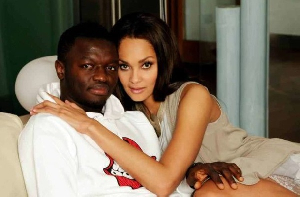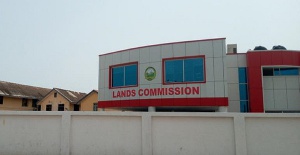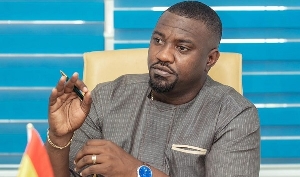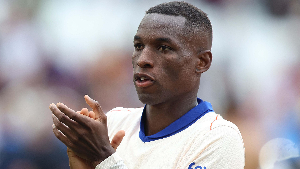A private legal practitioner, Mr Bobby Banson, has said the country does not need national dialogues in the fight against illegal small-scale mining (galamsey).
He said on the Key Points on TV3 Saturday April 17 that the laws must rather made to work as the nation tries to solve this problem.
Mr Banson was commenting on the just-ended two-day consultative forum organized by the Government of Ghana on illegal small-scale mining (galamsey) in Ghana.
He told host of the Key Points, Abena Tabi that “We do not need a dialogue, the laws must be enforced.”
He further revealed that the problem of galamsey is unending because person with political coverings are allowed to engage in the illicit activity whiles those without political clout are barred from also engaging in the activity.
“The problem is that people who do not have the political clouts or the social standing are stopped from engaging in this activity while those who have political covering are allowed to do it.
“That is what the truth is alleged. This is not an NPP or NDC issue because galamsey did not start during NPP’s time,” he said.
Forest and Climate Change Manager at A Rocha Ghana, Mr Daryl Bosu also raised issues against the forum saying that all the issues discussed were already known by all stakeholders.
He explained on the New Day show on TV3 with Johnnie Hughes Thursday April 15 that the problems in the sector have to do with permitting and licensing, compliance and enforcement of the laws in the sector as well as environmental issues.
What is needed at the moment, he said, is the will by authorities to deal with these issues that have been on the table for a very long time.
Mr Bosu said “Yes, this dialogue is long overdue. I think that we have been speaking to these galamsey issues and we have been having dialogues for a very long time. Maybe we will give the government the benefit of the doubt because you start a whole project management cycle, you go through everything but it doesn’t work so you want to start all over again.
“The good thing about this process is that we know the issues. It is just a matter of making sure the issues that have been identified in the last four years we actually flag them, put them on the table and ask them how do we address these challenges that have made us not to make progress.
General News of Saturday, 17 April 2021
Source: 3news.com

















